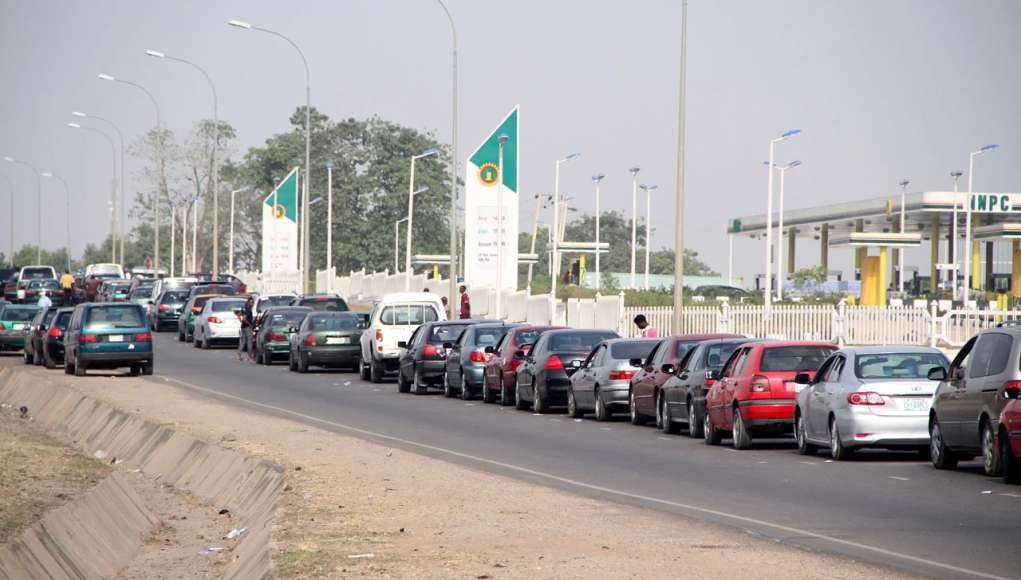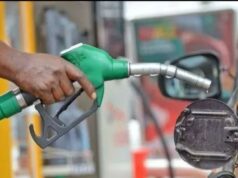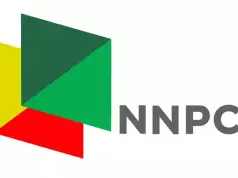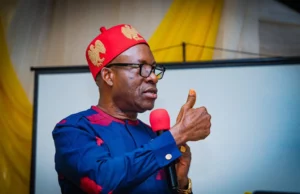The Nigerian National Petroleum Company Limited plans to secure a fresh $2 billion oil-backed prepayment loan amid fuel scarcity in the country.
This is according to a report by Reuters on Tuesday, suggesting that NNPCL plans to achieve the deal in two months.
The Group Chief Executive Officer, Mele Kyari said the new financing would allow investment in its business.
The Nigerian National Petroleum Company Limited, NNPCL, is planning to secure a fresh $2 billion oil-backed prepayment loan amid fuel scarcity in the country.
This is according to a report by Reuters on Tuesday, suggesting that NNPCL plans to achieve the deal in two months.
The Group Chief Executive Officer, Mele Kyari said the new financing would allow investment in its business.
“We have no problem covering our gasoline payments. This is just money for normal business and not a desperate act,” Kyari told Reuters.
Kyari said the company wanted the new loan against 30,000-35,000 barrels per day of crude production, though he declined to say how much money it sought.
“It will be a syndication with critical but regular partners who have been in business with our company to forward the cash,” Kyari said on Tuesday, adding that he expected to conclude the deal in the next two months.
This comes as a report emerged that NNPCL’s debts to petrol suppliers had doubled in the last four months to hit $6 billion.
However, the spokesperson of NNPC, Olufemi Soneye dismissed the claim.
Recall that on August 16, 2023, NNPCL secured a $3.3 billion emergency crude repayment loan — a transaction aimed at supporting the naira and stabilizing the foreign exchange (FX) market.
Arranged by the African Export-Import Bank (Afreximbank), the $3.3 billion crude-for-cash loan was also targeted at supporting the federal government’s monetary and fiscal reforms.
Further analysis showed that the existing $3.3 billion and the new $2 billion would amount to a $5.3 crude-for-cash loan.
The development comes amid concerns by Dangote Refinery over its inability to get Nigerian crude from International Oil Companies.
This is also as Nigerians have continued to groan as fuel scarcity which started last week in Abuja, Nasarawa, Lagos has spread across Kano, Kaduna, Katsina and other states.










